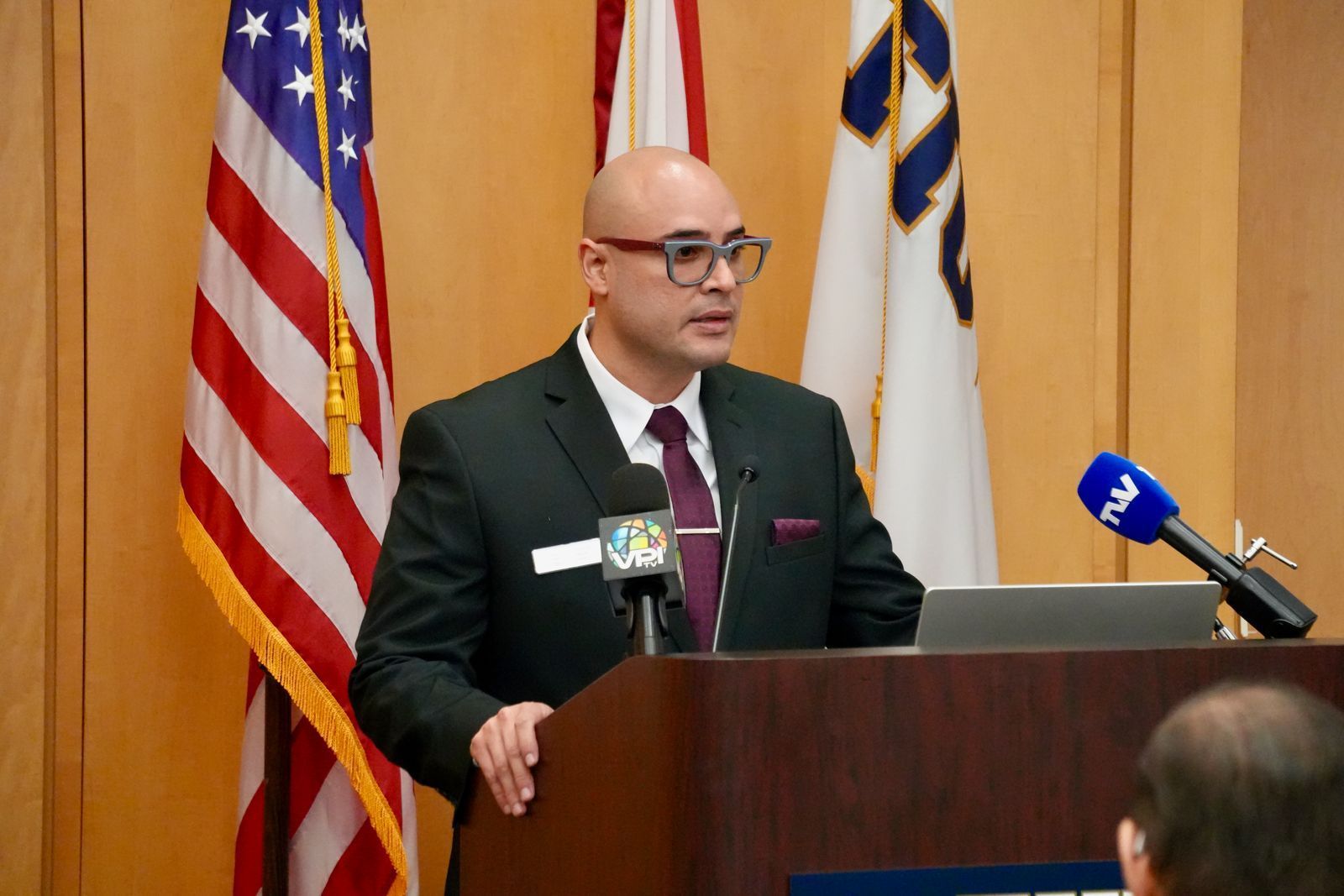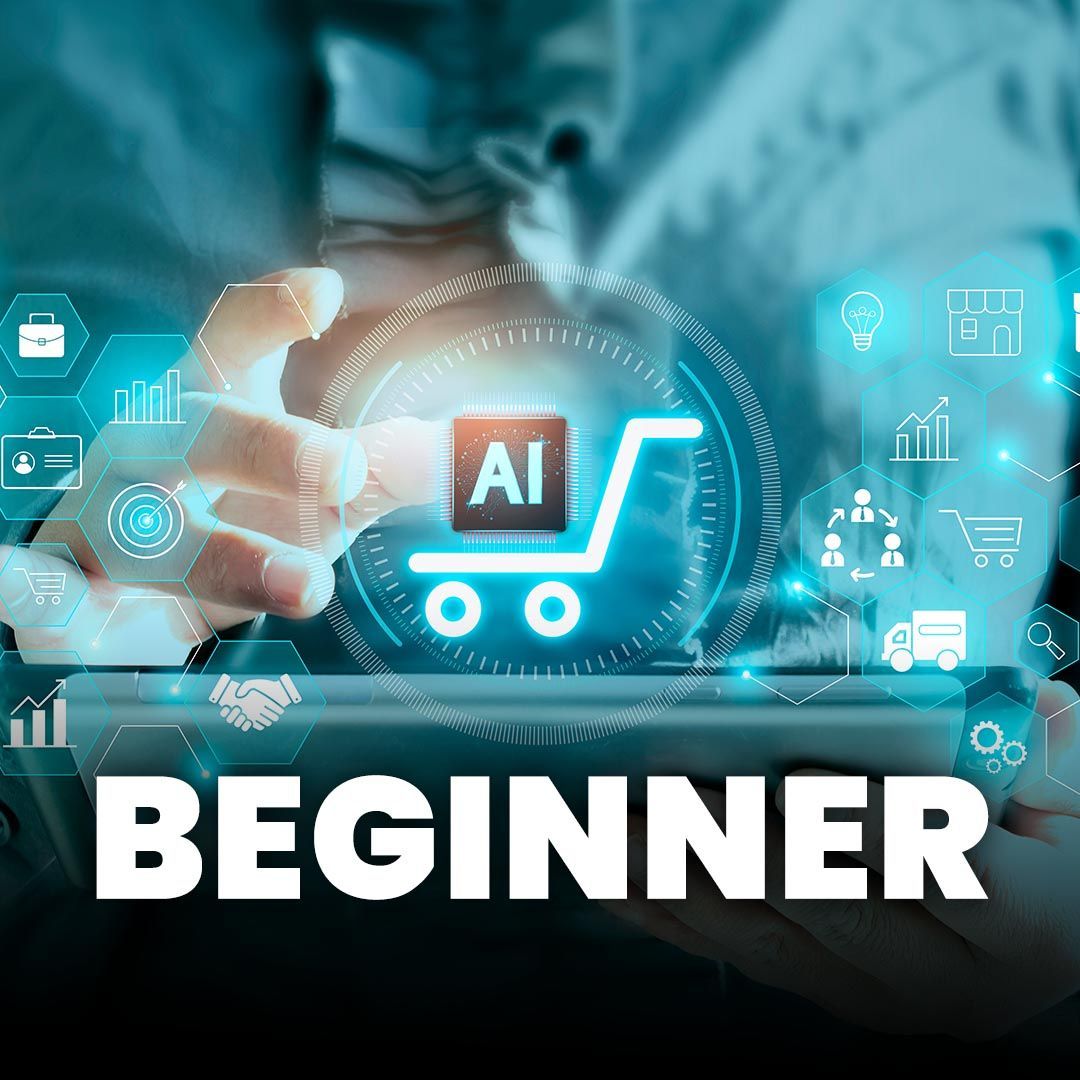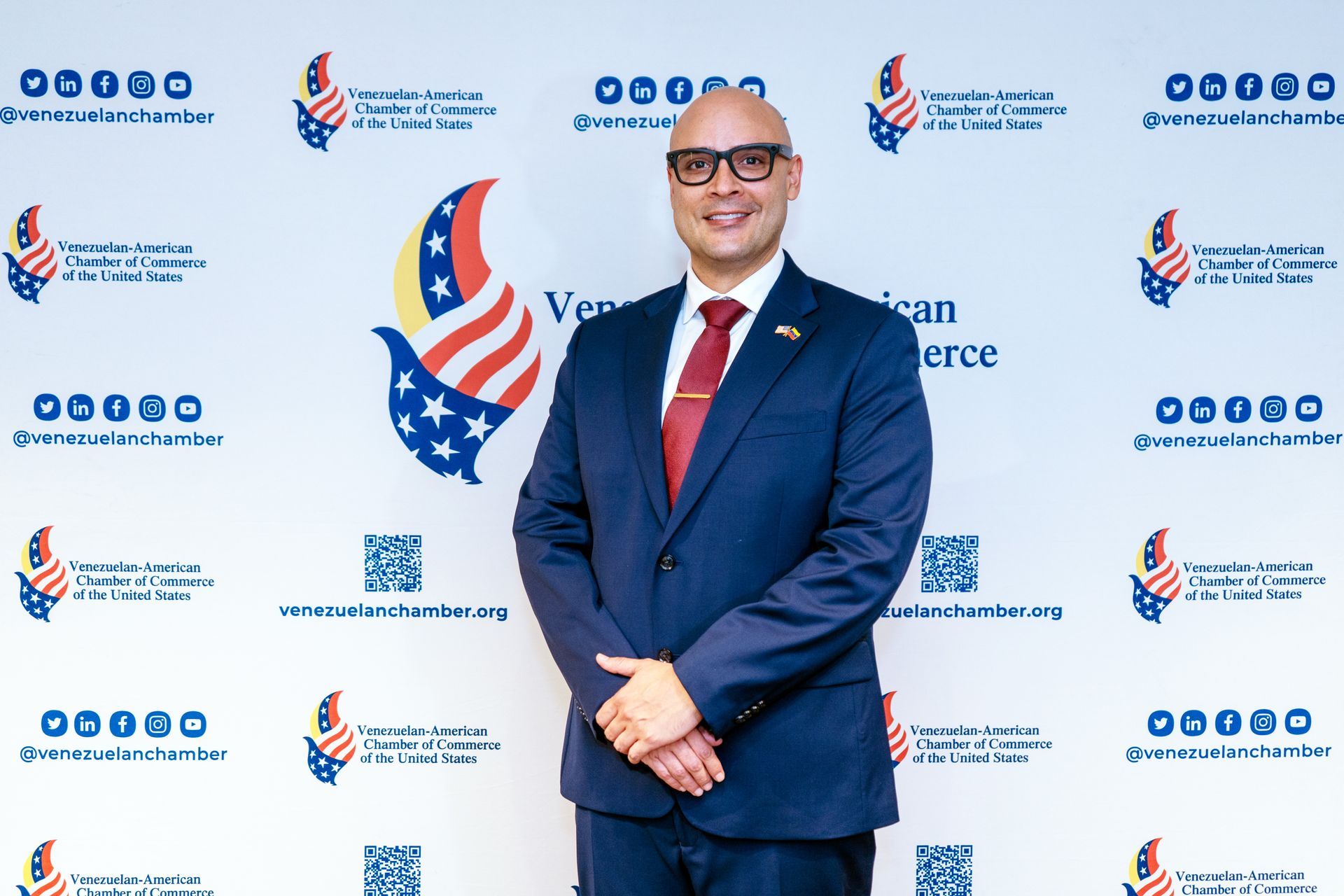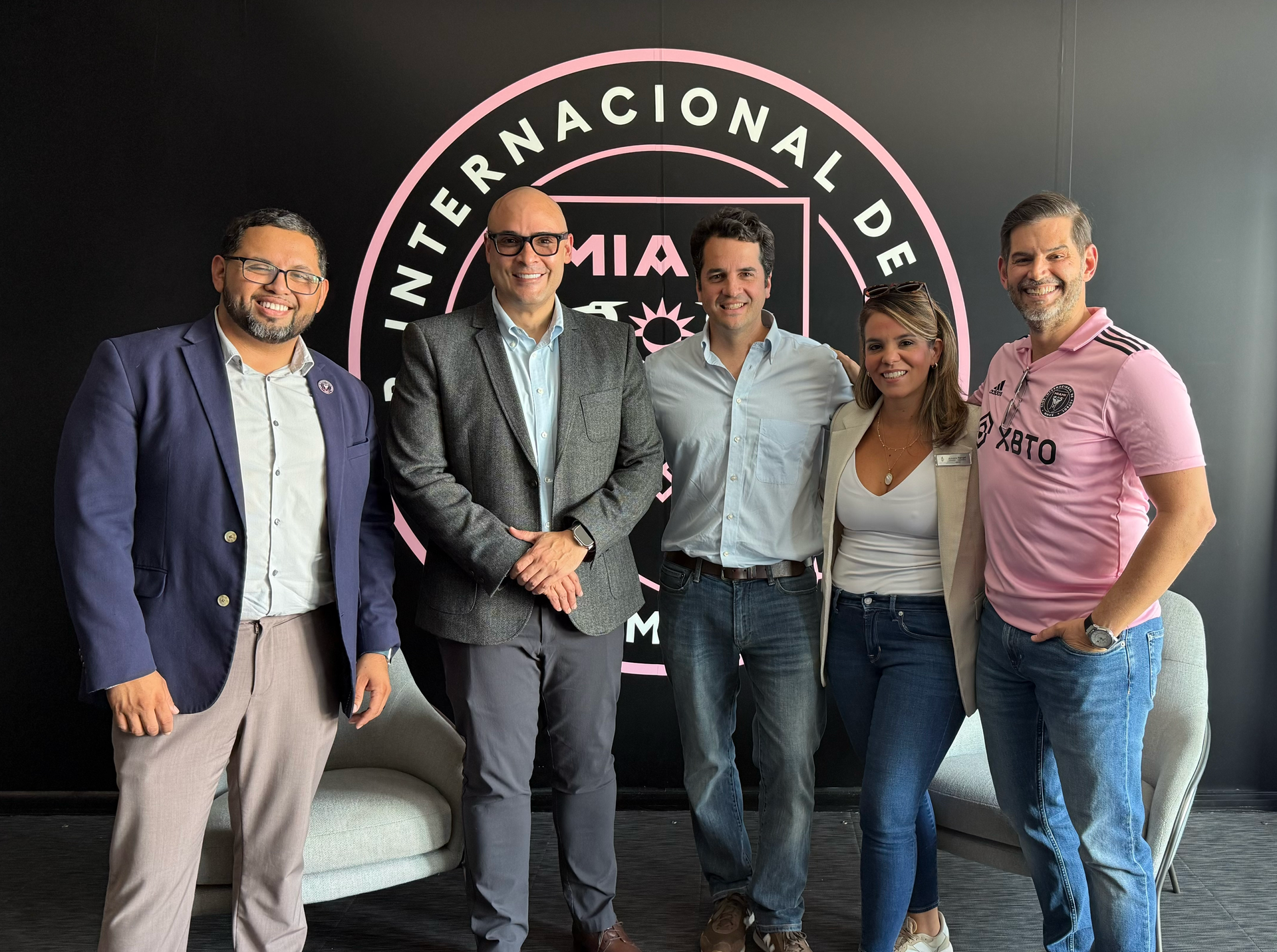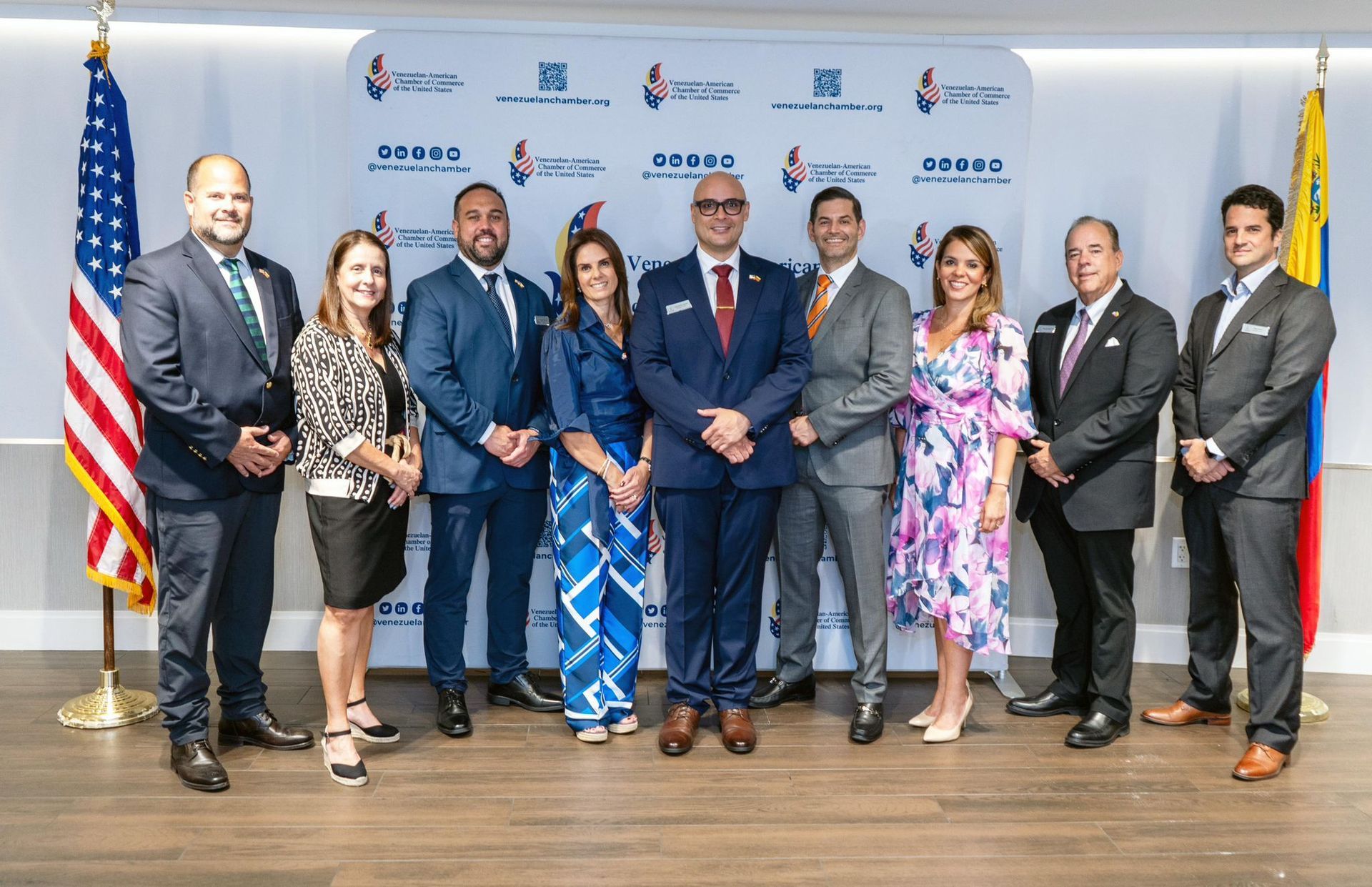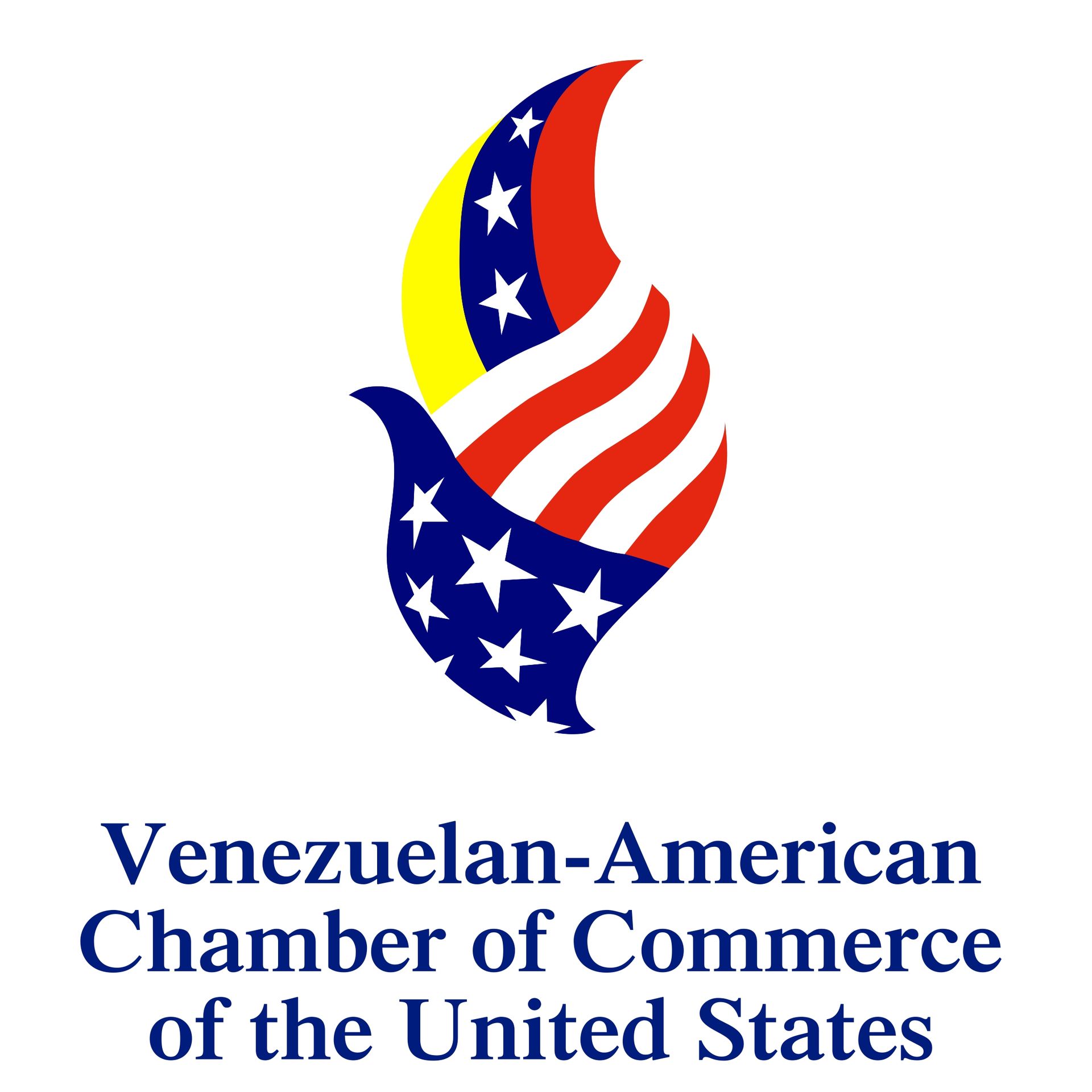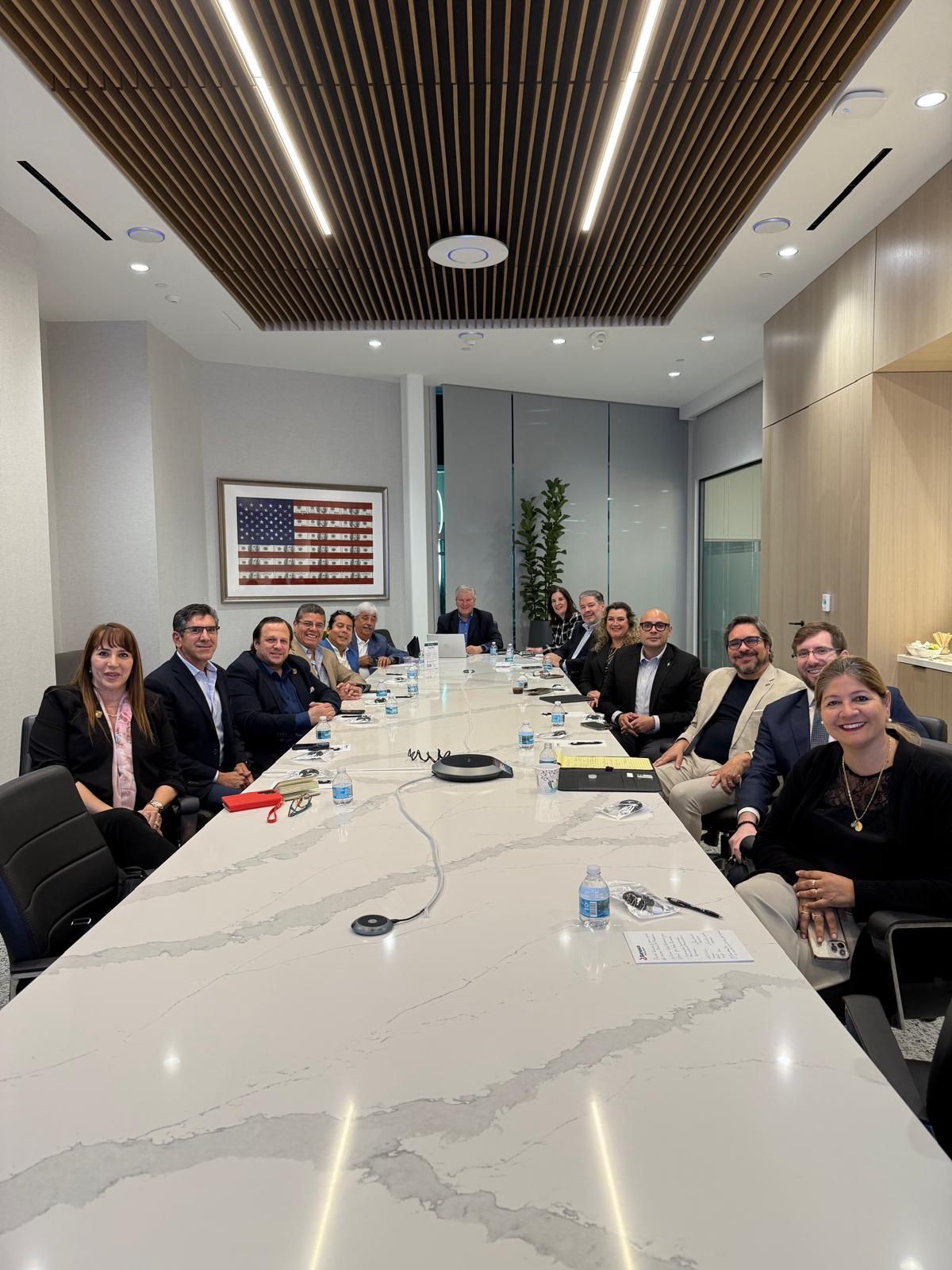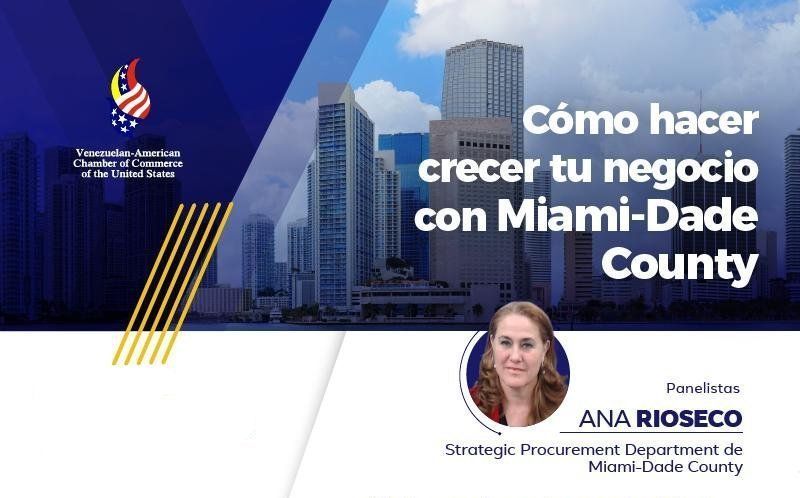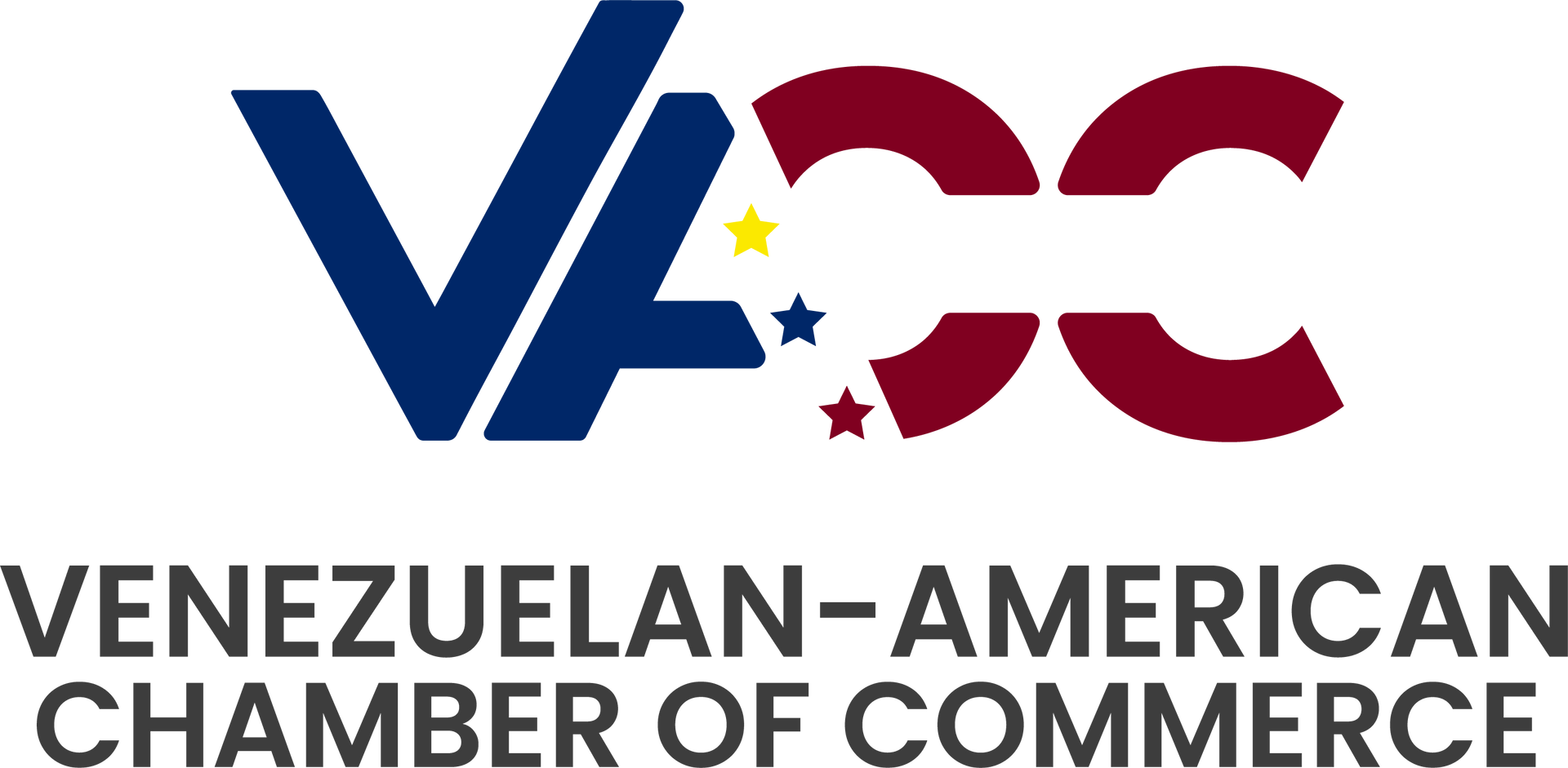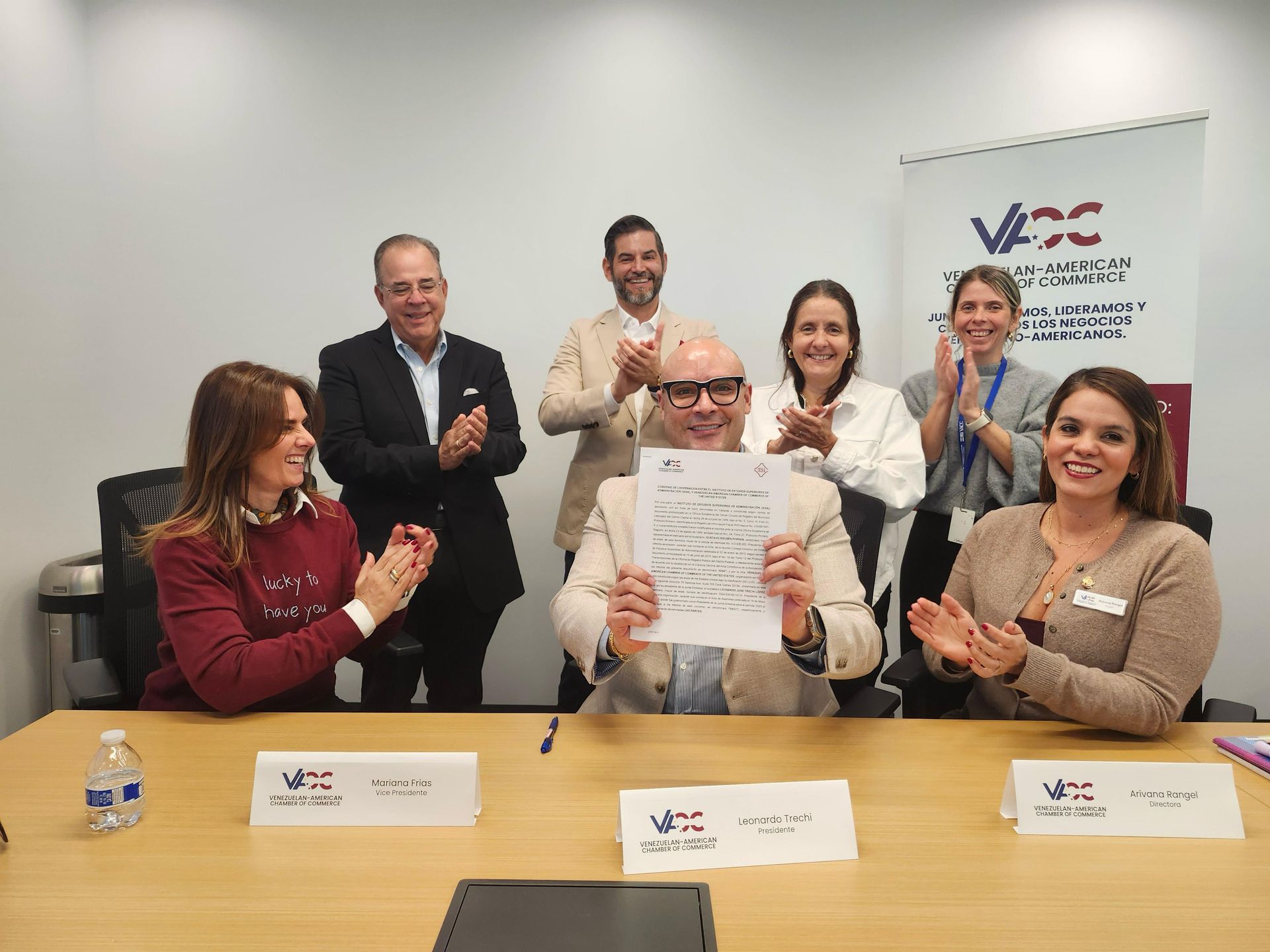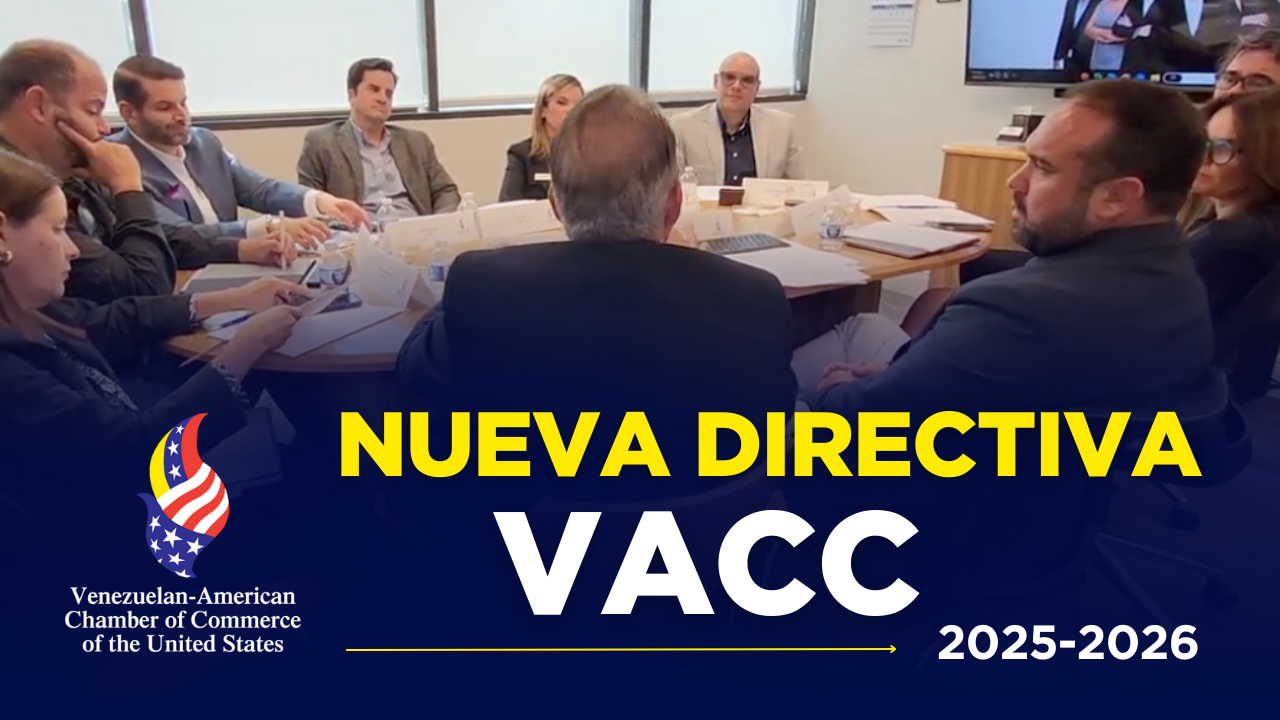7 Pasos a la cima financiera

¿Has escuchado alguna vez el término de automedicación financiera?
Todos los médicos nos han repetido más de mil veces lo peligroso que puede ser el automedicarse y que usualmente las personas van al médico es ya cuando se siente muy mal, y las respuestas siempre son las mismas: "Doctor yo me sentía mal, pero pensaba que con esta pastilla se me iba a quitar".
Imagínate lo mismo, pero con tus finanzas, muchas personas sienten que como el dinero es una herramienta que usan todos los días eso los hace especialistas en el tema, por lo que eso de contratar a un asesor y planificador financiero no tiene tanto sentido para ellos o es algo que sólo usan aquellos que tengan grandes problemas de dinero (bien sea por estar llenos de deudas o más bien por tener dinero y no querer perderlo).
Por esta razón queremos compartir con ustedes de forma breve una metodología que usamos con nuestros clientes, y si te vas a automedicar financieramente por lo menos tengas una guía sobre los pasos que debes seguir para alcanzar tu Bienestar Financiero.
7 pasos para tu cima financiera:
Antes de comenzar, no hay forma de empezar a mejorar tus finanzas personales si no cumples con la base de todo:
Tus gastos deben ser menores a tu ingreso
Una vez cumplido con esta base es que podemos pasar a los siguientes pasos:
1. Ahorro igual a 1 mes de tu gasto mensual: Cuando hablamos de finanzas personales, el gran factor siempre será tener la capacidad de protegerse financieramente y que los pequeños gastos inesperados no te lleven a la bancarrota, la mejor forma de empezar es calculando cuánto gastas en promedio cada mes y esta será tu primera meta de ahorro. Sugerimos que ese dinero lo mantengas en una cuenta bancaria distinta a la que usas en el día a día para tus gastos, de esa forma sentirás que no está allí para los gastos usuales sino sólo para situaciones imprevistas.
2. Eliminar las deudas de las tarjetas: Vemos con temor como nuevamente luego del inicio de la pandemia, los niveles de deuda en las tarjetas de crédito vienen subiendo, lo que nos dice que hay muchas personas pagando con la tarjeta de crédito aquellas cosas que no pueden pagar con sus ingresos y es muy probable que estén gastando más de lo que ganan. Tal y como se ve en la afamada serie de Netflix el Juego del Calamar - Squid Game, aquellos que se endeudan no terminan bien, es un juego que muchos pierden y en este caso no hay una recompensa secreta que vas a recibir si gastas más con tus tarjetas, no te dejes engañar con programas de puntos o millas.
3. Fondo de emergencias: Como ves, la idea es ir subiendo cada vez a una nueva estación de seguridad y bienestar financiero, tu próximo paso debe ser lograr tener ahorrado en el banco por lo menos el equivalente entre 3 a 6 meses de tu gasto (si vives en USA), si vives en Latinoamérica sugerimos que este monto sea mínimo de 12 meses. La principal emergencia que debes pensar cómo cubrir sería: ¿Tengo un ahorro suficiente para sostenerse financieramente si perdiera mi fuente de ingreso?, y si piensas que lo tienes la segunda prueba es ¿Dicho ahorro me alcanzará hasta que vuelvas a encontrar un trabajo como el que tenías?
4. Seguros de salud y vida: Creo que todas las familias del planeta hemos sufrido la lamentable pérdida de un familiar o un amigo con la pandemia, ratificando aquella frase famosa de publicidad de una compañía de seguros venezolana que decía "Es mejor tenerlo y no necesitarlo, que necesitarlo y no tenerlo". Los costos de cualquier tema relacionado a la salud son sumamente importantes, pudiendo quebrar las finanzas familiares rápidamente, por lo que es fundamental contar con esta protección. De igual forma si tu familia depende financieramente de ti, el tener una póliza de vida para su protección se hace fundamental, pero sugerimos siempre usar las pólizas llamadas de Término o Term Life por su nombre en inglés y no aquellas que combinan ahorro con seguros.
5. Invertir: Si algo nos enseña este período es que la inflación está presente y se come el dinero que tengas en tus cuentas bancarias. Es por lo que luego de tener tu fondo de emergencia debes comenzar a invertir. Muchas personas dicen que les da miedo invertir porque su saldo puede bajar, pero no se dan cuenta que realmente en el banco el dinero va perdiendo todos los días su poder de compra, pero lo que ocurre es que el saldo se ve igual pero cuando sales a comprar te fijarás que no vas a poder adquirir lo mismo que hace un año o diez años. En el mercado de valores por lo menos el dinero tiene la posibilidad de subir y bajar y no sólo de bajar como ocurre en tu cuenta bancaria. Recuerda si vas invirtiendo poco a poco con aportes mensuales automáticos es una de las mejores formas de lograr esa independencia financiera que tanto deseas y tener a tu dinero trabajando por ti hasta cuando tú estás durmiendo.
6. Pagar la hipoteca: Si vives en los Estados Unidos es muy probable que tengas una hipoteca a muchos años y normalmente los asesores financieros recomendaríamos, que si la tasa de interés son tan bajas como las actuales, no sería necesario pagarla pero como ya nos vamos acercando a las cima de tus metas financieras y si ya no estás tan joven, es muy probable que tengas que empezar a realizar ventas de tus inversiones para mantener tus gastos y pagar tu hipoteca, porque quizás ya estás jubilado. Pero estas ventas de inversiones pueden tener un impacto fiscal siendo mejor llegar a la cúspide sin ninguna deuda.
7. El logro de tus metas financieras: Este es el momento de nirvana financiero, donde ves que has logrado tus metas de acumular el dinero necesario para vivir una jubilación o retiro independiente, pudiendo mantener o mejorar tu calidad de vida, de igual forma ya seguramente habrás podido ahorrar para la educación de tus hijos y es donde empezamos a luchar por esas otras metas que quieras lograr: como dejar un legado a tu familiar o apoyar a fundaciones de caridad, la segunda casa o el barco que siempre quisiste.
Como ves no se trata de una receta que se aplica en una oportunidad, sino que más bien es como una ruta hacia la cúspide de una montaña donde seguramente tendrás retos y tropiezos en el camino, pero si estás claro de lo que quieres: llegar a tu cima financiera y sabes cómo llegar nada podrá detenerte.
Por supuesto hay muchas personas que tratan de lograrlo sólo y muchas otras que más bien deciden que un asesor y planificador financiero puede servirte como un coach para guiarte a lo largo de tu camino financiero, previniendo que cometas errores financieros que pueden tener altos costos.
Breve Biografía del Autor:
Alonso Rodríguez Segarra CFP ®, Fundador & CEO Advise Financial
www.advise-financial.com
Alonso, reconocido como el primer venezolano en obtener la prestigiosa certificación de "CERTIFIED FINANCIAL PLANNER™" en USA. Comprometido como asesor financiero para latinos, con más de 20 años de experiencia en el mundo de las finanzas, siempre trabajando bajo el criterio fiduciario.
7 Steps to the financial peak.
November 3rd, 2021
By Alonso Rodríguez Segarra
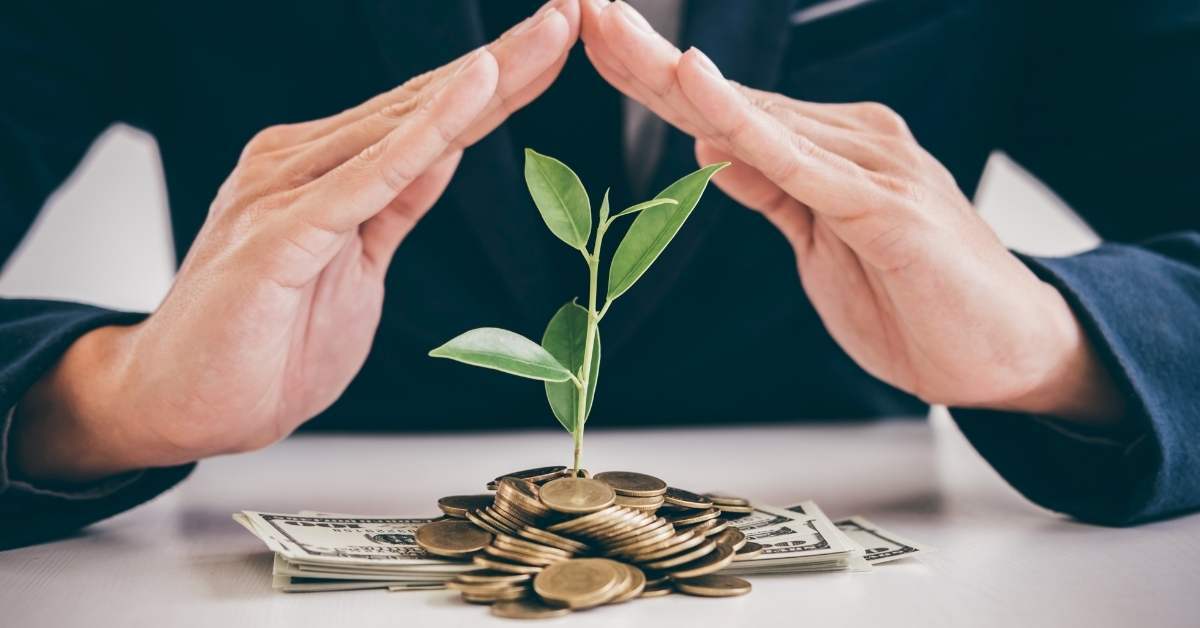
Have you ever heard the term financial self-medication?
All doctors have told us more than a thousand times how dangerous self-medication can be and that people usually go to the doctor when they feel very bad, and the answers are always the same: "Doctor, I felt bad, but I thought that with this pill I was going to get rid of it. "
Imagine the same thing, but with your finances, many people feel that since money is a tool, they use every day that makes them specialists in the subject, so that hiring a financial advisor and planner does not make much sense to them. or is it something that only those who have big money problems use (either because they are full of debt or rather because they have money and do not want to lose it).
For this reason, we want to briefly share with you a methodology that we use with our clients, and if you are going to self-medicate financially at least have a guide on the steps you must follow to achieve your Financial Well-being.
7 steps to your financial peak:
Before we begin, there is no way to start improving your personal finances if you do not meet the foundation of everything:
Your expenses must be less than your income
Once this base is met, we can proceed to the following steps:
1. Savings equal to 1 month of your monthly expense: When we talk about personal finances, the great factor will always be having the ability to protect yourself financially and that small, unexpected expenses do not lead you to bankruptcy, the best way to start is by calculating how much you spend on average each month, and this will be your first savings goal. We suggest that you keep that money in a different bank account than the one you use daily for your expenses, that way you will feel that it is not there for the usual expenses but only for unforeseen situations.
2. Eliminate card debts: We see with fear how again after the start of the pandemic, the levels of credit card debt have been rising, which tells us that there are many people paying with the credit card for those things that They cannot pay with their income, and it is very likely that they are spending more than they earn. As seen in the famous Netflix series the Squid Game - Squid Game, those who get into debt do not end well, it is a game that many lose and, in this case, there is no secret reward that you will receive if you spend more with your cards, don't be fooled by points or miles programs.
3. Emergency fund: As you can see, the idea is to go up to a new station of security and financial well-being each time, your next step should be to have at least the equivalent of 3 to 6 months of your spending saved in the bank (if you live in the USA), if you live in Latin America we suggest that this amount be a minimum of 12 months. The main emergency that you should think about how to cover would be: Do I have enough savings to support myself financially if I lose my source of income? what did you have?
4. Health and life insurance: I believe that all families on the planet have suffered the unfortunate loss of a relative or friend to the pandemic, ratifying that famous phrase from a Venezuelan insurance company that said "It is better to have it and not need it, than needing it and not having it. " The costs of any issue related to health are extremely important, and family finances can quickly go bankrupt, so it is essential to have this protection. In the same way, if your family depends financially on you, having a life policy for their protection is essential, but we always suggest using the so-called Term or Term Life policies by their name in English and not those that combine savings with insurance.
5. Investing: If this period teaches us anything, it is that inflation is present and eats up the money you have in your bank accounts. That is why after having your emergency fund you should start investing. Many people say that they are afraid to invest because their balance may go down, but they do not realize that in the bank the money really loses its purchasing power every day, but what happens is that the balance looks the same but when you leave to buy you will notice that you will not be able to acquire the same as a year or ten years ago. In the stock market at least, money has the possibility of going up and down and not just going down as it happens in your bank account. Remember if you are investing little by little with automatic monthly contributions, it is one of the best ways to achieve that financial independence that you want so much and have your money working for you even when you are sleeping.
6. Pay the mortgage: If you live in the United States it is very likely that you have a mortgage for many years and normally financial advisers would recommend that if the interest rate is as low as the current ones, it would not be necessary to pay it but as we are getting closer at the top of your financial goals and if you are not so young, it is very likely that you will have to start selling your investments to maintain your expenses and pay your mortgage, because perhaps you are already retired. But these investment sales can have a fiscal impact and it is better to get to the top without any debt.
7. The achievement of your financial goals: This is the moment of financial nirvana, where you see that you have achieved your goals of accumulating the money necessary to live a retirement or independent retirement, being able to maintain or improve your quality of life, in the same way you will surely have You have been able to save for your children's education and it is where we begin to fight for those other goals that you want to achieve: how to leave a legacy to your family member or support charitable foundations, the second home or the boat you always wanted.
As you can see, it is not a recipe that is applied once, but rather it is like a route to the top of a mountain where you will surely have challenges and stumbles along the way, but if you are clear about what you want: to get to your financial peak and you know how to get there, nothing can stop you.
Of course, there are many people who try to achieve it alone and many others who rather decide that a financial advisor and planner can serve as a coach to guide you along your financial path, preventing you from making financial mistakes that can have high costs.
Brief Biography of the Author:
Alonso Rodríguez Segarra
CFP ®, Founder & CEO Advise Financial
Alonso, recognized as the first Venezuelan to obtain the prestigious certification of "CERTIFIED FINANCIAL PLANNER ™" in the USA. Committed as a financial advisor for Latinos, with more than 20 years of experience in the world of finance, always working under fiduciary criteria.
